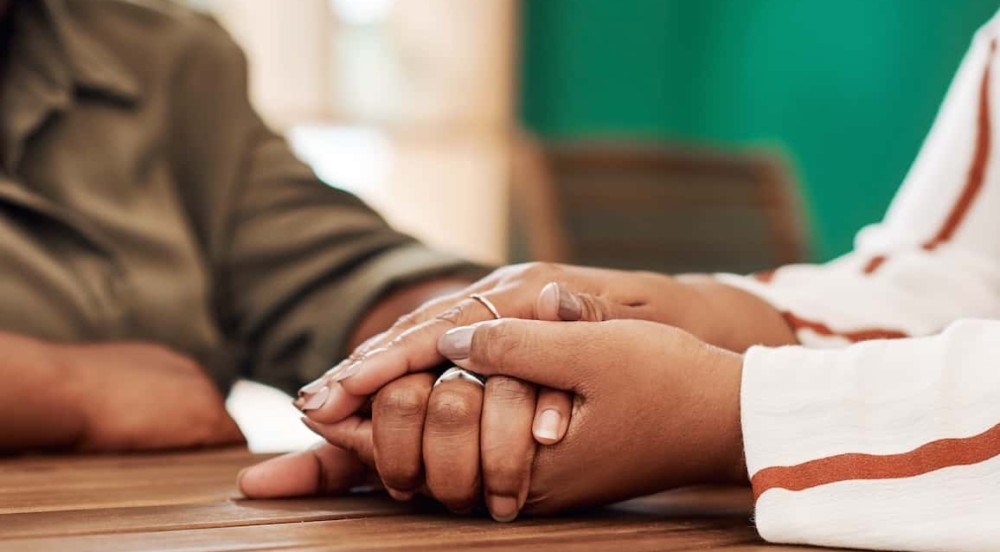The African American community has long been a victim of stereotypes, prejudices, and unfavorable opinions held by those in positions of power—misconceptions, backed up by respected institutions, that have taken on a life of their own and led to more than 400 years of marginalization, oppression, and incarceration. Last week the American Psychological Association (APA) apologized for its part in promulgating these beliefs over the last 130 years.
“Psychology cannot harness its potential to disarm and dismantle racism without addressing its own history of racism and support for human hierarchy,” says Arthur C. Evans Jr., PhD, chief executive officer of the American Psychological Association. It’s why, he tells EBONY, that the APA felt it was critical to put out a public statement addressing the transgressions of its past.
Earlier this year, the APA adopted a framework that affirms that human rights are universal and inalienable and that racism is a violation of human rights. The APA, Evans explains, is intent on opposing racism in all its forms. “We know too well that history can repeat itself, that the past informs the present, and that many harms will continue to be perpetuated absent purposeful intervention,” Evans asserts. “In offering an apology for these harms, APA acknowledges that recognition and apology only ring true when accompanied by action; by not only bringing awareness of the past into the present but in acting to ensure reconciliation, repair and renewal. We stand committed to purposeful intervention, and to ensuring that APA, the field of psychology, and individual psychologists are leaders in both benefiting society and improving lives.”
In taking action, Evans says the APA’s work will start internally by engaging in a comprehensive audit of its equity, diversity, and inclusion, and other antiracism-related activities. The association will also prioritize efforts to broaden the research to include all racial and ethnic groups. To ensure that more psychologists of color are coming up the pipeline, they will also work to expand opportunities for students of color to pursue careers in psychology. In that same vein, the APA will promote mentorship of psychologists of color and improve psychology graduate education and training to include diverse, and varied perspectives from other cultures and geographic regions. The goal is to increase the participation and success rates for psychologists of color in academia, publishing, and governmental licensing as well as increase the representation of communities of color throughout APA’s elected and appointed leadership.
“And we will prioritize efforts in clinical practice and health equity to elevate both advocacy for and training in culturally competent, easily accessible care models,” Evans adds. He says it’s necessary to improve the discipline’s knowledge of and responsiveness to the needs of communities of color.













